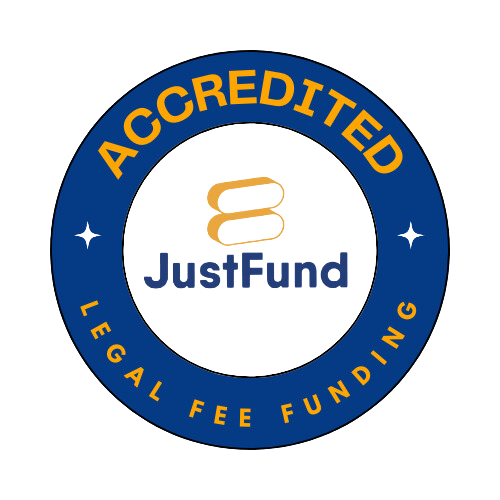Buying and selling bare land or sections in new zealand
If you have a vision of owning a piece of land in New Zealand, whether to build your dream home, start a rural business, or invest in property, you are in for an exciting journey. But before you take the plunge and buy or sell a section or bare land, there are some important things you need to know.
Here are some tips to help you make a smart decision.
1. Find out how much the land is worth in the area you want to buy or sell. You can use online property sites, local real estate agents, or property valuers to get an idea of the price range and demand for the land.
2. Check the zoning, covenants, easements, and consents that apply to the land. These may affect what you can do with the land, such as building, subdividing, farming, or planting. You can find this information from the local council, Land Information New Zealand (https://www.linz.govt.nz), or the seller.
3. Inspect the land thoroughly and assess its suitability for your needs. Consider factors such as location, access, aspect, soil quality, drainage, wind exposure, views, and services. You may want to consult an architect, builder, engineer, or surveyor for professional advice.
4. Arrange your finance and budget for the costs of buying and selling land. You may need a home loan pre-approval from a bank or lender to secure your purchase. You may also need to pay for legal fees, valuation fees, survey fees, consent fees, rates, and taxes.
5. Negotiate the terms and conditions of the sale with the seller or their agent. You may want to include clauses such as due diligence, finance, title, and builder’s report. You will need to sign a sale and purchase agreement and pay a deposit once you reach an agreement.
6. Complete the settlement process and transfer the ownership of the land. You will need to pay the balance of the purchase price and any other fees on the settlement date. You will also need to register the transfer of title with Land Information New Zealand.
Buying and selling bare land or sections in New Zealand can be a rewarding experience if you do it right. You just need to be aware of the pros and cons and plan ahead. Happy hunting!
Join our Newsletter
Stay tuned
Contact Us
We will get back to you as soon as possible.
Please try again later.




